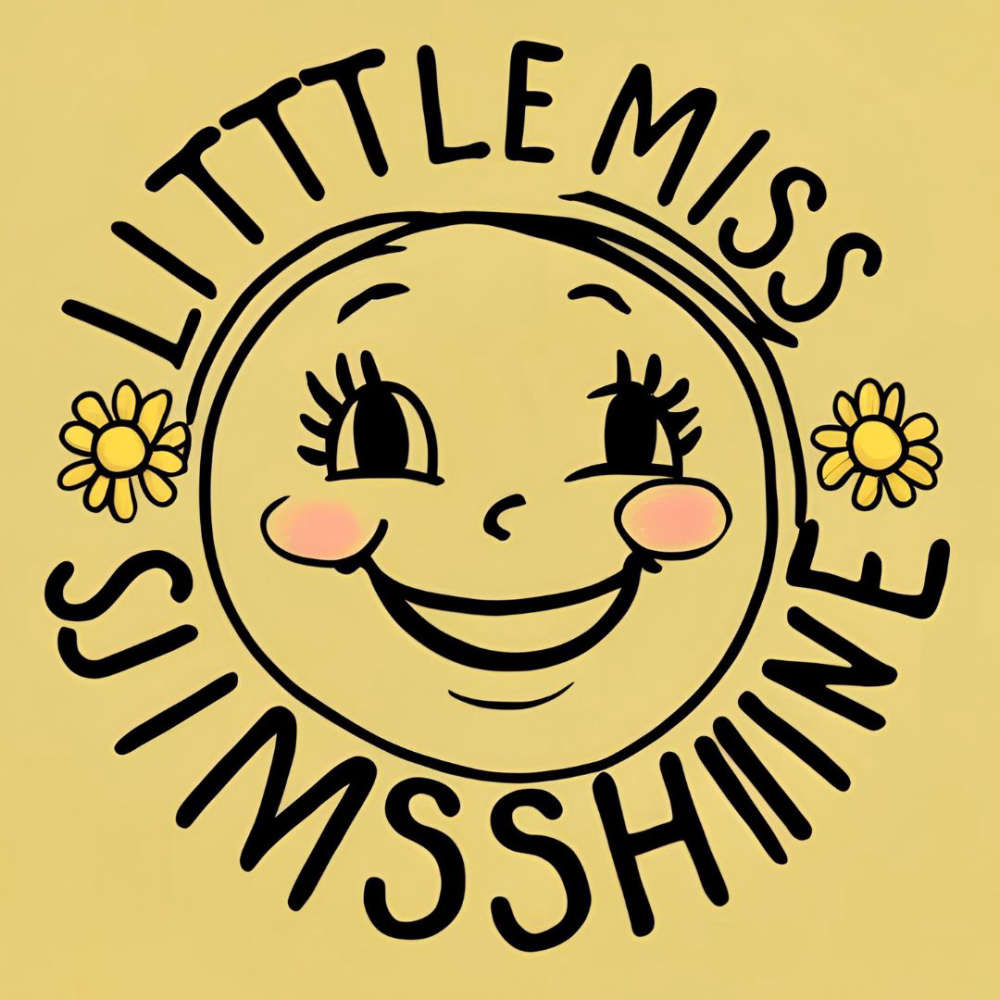Why everyone should watch Little Miss Sunshine!
In a world overflowing with blockbuster spectacles, endless franchise films, and overly polished heroes, Little Miss Sunshine is a breath of fresh air—a modest, heartfelt, and delightfully messy road trip that reflects real life more than most Hollywood dramas ever could. If you haven’t seen it yet, you’re missing out on one of the most genuinely uplifting and human stories cinema has offered in the 21st century.
Released in 2006 and directed by Jonathan Dayton and Valerie Faris, Little Miss Sunshine tells the story of the dysfunctional Hoover family on a chaotic road trip to support young Olive (Abigail Breslin) in her quest to compete in the Little Miss Sunshine beauty pageant. But don’t let the word “pageant” throw you—it’s not about tiaras or glitter. It’s about failure, family, and fiercely showing up for each other, no matter how broken everyone is.
A Family Like Yours (or Worse, or Better—But Real)
The magic of Little Miss Sunshine lies in its ensemble cast and its unfiltered portrayal of a family on the brink. There’s Richard (Greg Kinnear), the optimistic but delusional dad trying to sell his 9-step success program. Sheryl (Toni Collette), the overworked, underappreciated mom holding everything together with duct tape and sheer willpower. Dwayne (Paul Dano), the Nietzsche-reading, vow-of-silence-keeping teen with a dream of becoming a pilot. Frank (Steve Carell), the suicidal Proust scholar recovering from heartbreak and professional collapse. And then there's Grandpa Edwin (Alan Arkin), a foul-mouthed, heroin-snorting, WWII vet with a heart of gold.
This family is dysfunctional, yes. But they are fiercely loyal to each other in a way that feels completely believable. Watching them yell, stumble, reconcile, and ultimately rally around Olive is a poignant reminder of what family is—not a perfect, glossy photo of smiling faces, but a messy group of people who love each other through the worst of times.
Comedy That Hits Close to Home
Little Miss Sunshine is laugh-out-loud funny, but its humor is never cheap or slapstick. The jokes are deeply rooted in character, timing, and irony. Whether it’s the family’s broken-down VW bus that they have to push-start every time it stops or the awkwardly hilarious moments of silence after a crushing revelation, the film finds humor in the absurdity of everyday life.
Steve Carell, known mostly for his comedic roles at the time, delivers a restrained yet emotionally raw performance that balances the film’s tone beautifully. Alan Arkin’s Oscar-winning portrayal of Grandpa Edwin adds both comic relief and emotional depth, making you laugh one minute and tear up the next.
A Commentary on Winning and Losing
At its core, Little Miss Sunshine is a story about failure—and the liberating realization that failure is not the opposite of success but a part of life. Each character in the Hoover family is dealing with some version of crushed dreams: failed careers, lost love, teenage alienation, and the fear of not being “good enough.” The road trip isn’t just a physical journey to California—it’s an emotional expedition toward acceptance and self-worth.
By the time Olive performs her wildly inappropriate but glorious dance routine at the pageant, the family is no longer concerned with trophies or societal standards. They’ve already won something far more valuable: solidarity, understanding, and a renewed sense of what matters.
A Perfect Blend of Heart and Grit
What sets Little Miss Sunshine apart is how it mixes sentimentality with realism. It never shies away from pain, awkwardness, or failure, yet it remains deeply hopeful. It doesn’t offer tidy resolutions or grand gestures, but it leaves you with a powerful emotional payoff. You’ll laugh, you might cry, and you’ll almost certainly feel better about being human.
Visually, the film uses the Southwestern American landscape to create a sense of isolation and movement that complements the narrative perfectly. The warm, dusty tones reflect both the literal heat of the journey and the emotional friction within the family.
The soundtrack, featuring music by Devotchka and Mychael Danna, adds another layer of charm and poignancy. Its indie-folk sound matches the film’s mood—quirky but sincere, melancholy yet comforting.
It’s Timeless—and Still Relevant
Nearly two decades after its release, Little Miss Sunshine remains as relevant as ever. In an age where people are constantly pressured to perform, to win, and to live Instagram-worthy lives, the film offers a quiet rebellion: the idea that showing up, being honest, and supporting each other are what count.
It challenges the conventional definitions of success, beauty, and happiness. It tells us that even if you don’t win the pageant, or land the book deal, or get the promotion, you still matter. Your worth isn’t measured by trophies, but by the love you give and the courage you show in the face of life’s absurdity.
Final Thoughts
Little Miss Sunshine isn’t just a movie—it’s a life lesson wrapped in a road trip comedy. It’s a reminder that it's okay to be messy, to fall apart, to dream big and fall short. It’s about laughing at the chaos and loving each other anyway.
If you’re looking for something authentic, moving, and deeply human, Little Miss Sunshine should be at the top of your watchlist. And when the credits roll, you might just find yourself wanting to hug your family a little tighter—and maybe even dance a little weirder

